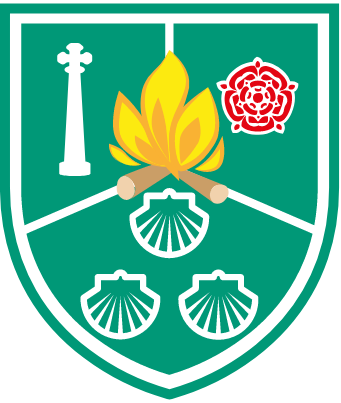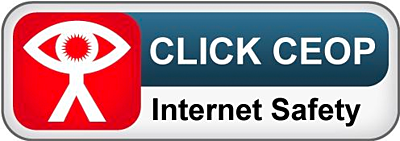English
Link Governors: Mrs C Cross (English) Mrs A Hammersley (Phonics and Early Reading)
English Lead: Mrs Stewart
Early Reading and Phonics Lead: Mrs Blundell
Leyland St. James’ CE (Aided) Primary School English Curriculum
“To encourage literature is a duty which every good citizen owes to his country.”
George Washington
Intent:
Our curriculum aims to inspire children, through engaging lessons, a standard of language whilst developing their literacy skills. We believe providing a high level of English for all is vital for children to achieve at school and beyond. We aim to ensure that every child becomes primary literate and progresses in the areas of reading, writing, speaking and listening. We believe that the ability to read and write is fundamental to our children succeeding; enabling them to access each stage of their education.
Reading
At Leyland St James' CE Primary School, we will learn to read fluently and demonstrate a good understanding and comprehension. Throughout each school year, children engage with a range of genres, developing an understanding of fiction, non-fiction and poetry. Reading programmes at Leyland St James' are developed to ensure children have opportunities to develop a love of reading. Our curriculum has also been designed to ensure that our children not only read for pleasure, having had access to a wide range of text types, genres and authors, but to use books to research and gather new knowledge to extend their understanding.
Writing
We believe it is a priority for children to write clearly, accurately and coherently within a range of styles and genres, purposes and audiences. Vocabulary is central to children's learning within writing, ensuring they have a broad range of words to use within their writing. Alongside this, we aim to develop a strong understanding grammar rules and terminology appropriate for their age group; as well as applying spelling patterns correctly. We encourage children to take pride in the presentation of their writing, and develop a neat, joined, handwriting style by the time they leave our school and move to secondary school.
Speaking and Listening
Speaking and listening is developed from EYFS through to the end of Year 6. We want our children to be able to express themselves with confidence, as we believe that it is central to their learning. We nurture children’s speaking and listening skills through a variety of approaches. These skills are being encouraged in every area of our curriculum as good communication skills can enhance every type of learning. Staff promote High Order Language Skills (HOLs) within all subjects, promoting talking in full sentences with a clear and confident voice.
Implementation:
Our curriculum is delivered through highly effective ‘quality first teaching’. Enrichment opportunities, including outdoor learning, inspirational visitors and exciting educational visits, provide our children with rich experiences and enhance teaching, learning and knowledge.
Our well-planned English curriculum ensures that children develop the skills, knowledge and vocabulary that will enable them to communicate effectively and creatively through spoken and written language. Through the breadth and depth that our curriculum offers, children are equipped with the skills to become lifelong learners and to enjoy and appreciate literature and its rich variety.
In addition, outside English lessons, a number of activities will be planned to help children develop the skills and understanding they need. Within the school week, English may also include:
Circle Time, Showing and Telling, Drama (including role-play), Media work, Story Time, Guided Reading Sessions, Group Reading Sessions, Silent Reading, Diary/News, Whole class reading sessions, Spelling/Handwriting lessons, extended writing sessions, Reading Partner Sessions, TV programmes, and videos to support language activities and study of texts.
Impact:
Our well-planned English curriculum ensures that children develop the skills, knowledge and vocabulary that will enable them to communicate effectively and creatively through spoken and written language. As children move through the school, they are taught to use language with care and enthusiasm to perform a range of tasks for a variety of purposes and audiences. Teachers will use informal assessment and observation on a daily basis to determine what children can do individually, and therefore what they need to move on to next.
Teachers will use assessment to write targets to identify areas of development for each child. The impact through school from EYFS to Year 6 is measured through progress, sustained learning and transferable skills. We measure attainment using the Key Stage 1 and Key Stage 2 national assessments, alongside information provided by teacher assessments for writing, reading and Grammar, punctuation and spelling.
https://www.littlewandlelettersandsounds.org.uk/
https://www.renaissance.com/products/accelerated-reader/
https://www.littlewandlelettersandsounds.org.uk/resources/for-parents/

